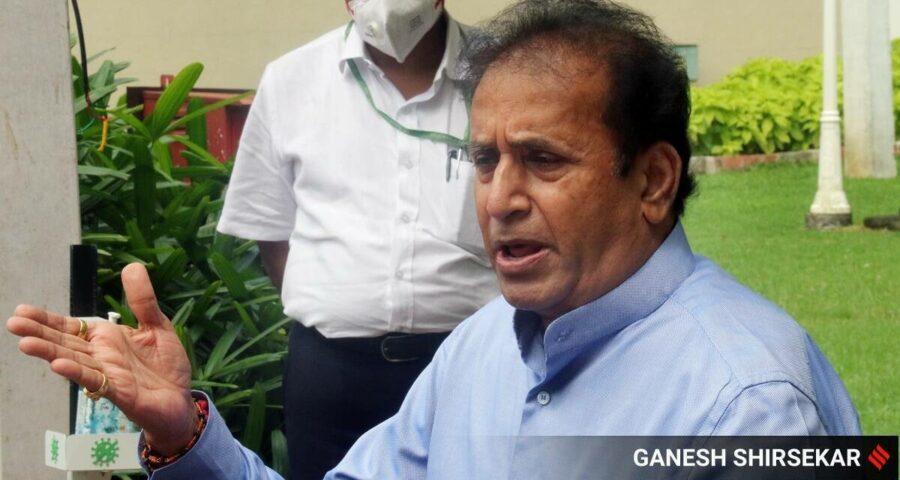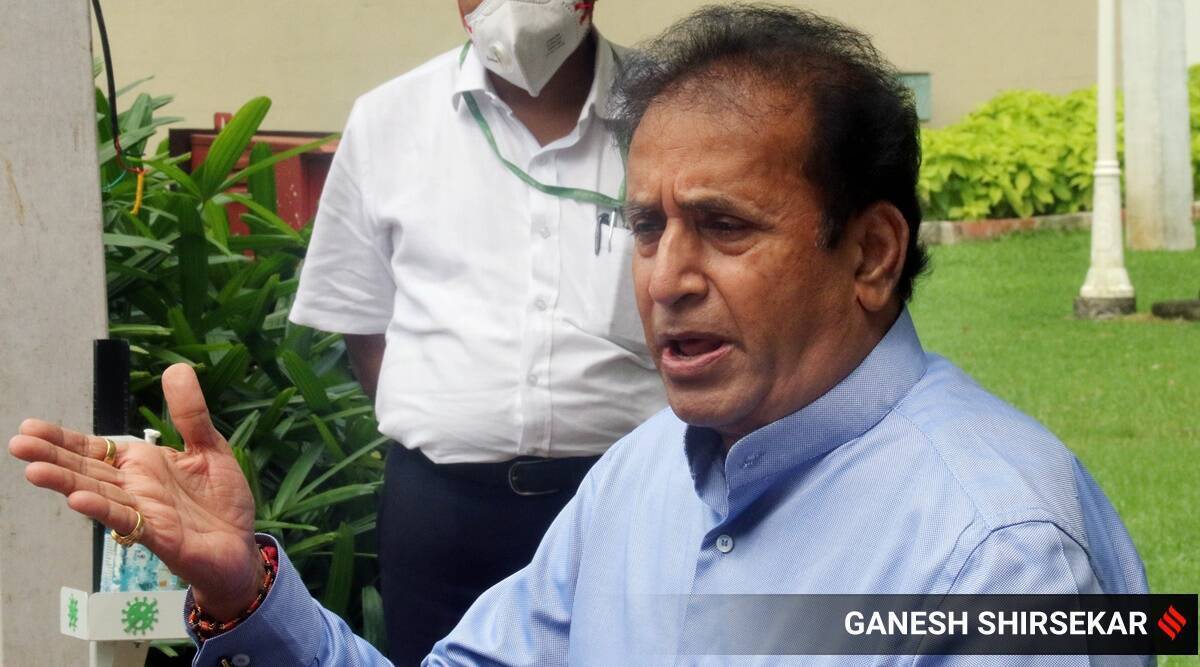The CBI had alleged that Maharashtra Police was not cooperating in handing over the documents in compliance with the July 22 High Court order
The Bombay High Court Friday questioned the Maharashtra government on why it was not handing over the documents sought by the Central Bureau of Investigation (CBI) concerning the April 21-corruption FIR against former state home minister Anil Deshmukh and others.
The court asked the state lawyer to take instructions as to which documents it is willing to share with the central agency, as per the July 22 High Court rulings, which dismissed pleas by Deshmukh and the state against a CBI FIR.
A division bench of Justice S S Shinde and Justice N J Jamadar was hearing a plea by the CBI seeking directions to the state to provide documents on the FIR against Deshmukh and others. The CBI had alleged that Maharashtra Police was not cooperating in handing over the documents in compliance with the order.
The CBI plea said that it had written to Maharashtra Police seeking certified copies and information about the letter or report by senior IPS officer Rashmi Shukla regarding corruption in transfers and postings of police officers. “However, the state refused to hand over the documents in “utter defiance” of the High Court order,” the petition added.
In response, the state government’s affidavit said the entire application by CBI was “blissfully vague” and “eloquently silent” as to how the documents sought by the central agency were “relevant material and needed” for the probe and the central agency is “overstepping its authority” by “abusing court orders”.
The government said the documents demanded by CBI have “no nexus whatsoever” either with Deshmukh and his associates or any of the allegations made against him and, therefore, not required to be handed over to the central agency.
The state government said that by demanding such documents, the CBI is “interfering into the investigation being carried out by cyber police station, Mumbai, in the ‘phone tapping’ case lodged in March this year”.
Representing CBI, Additional Solicitor General Aman Lekhi submitted that the state’s response was “misconceived” and argued, “State is neutralising the High Court order with bullheadedness and there is obstinate refusal to supply. Every conceivable attempt is made to frustrate (the) investigation undertaken. They (state) cannot hold on to (the) Rashmi Shukla report and refused to supply.”
Lekhi added, “If at all, the contents of Rashmi Shukla’s report may not be used for anyone apart from Deshmukh. But it does not lie in the mouth of the state that they will not give the report. There is wilful concealment. We (CBI) need the report for investigation and it is necessary.”
However, Senior Advocate Rafique Dada representing the state government said the court in its July 22 ruling had passed a protective ruling to provide only those documents connected to Deshmukh. “Whole endeavour is also to maintain the sanctity of the state’s investigation in the phone tapping case registered in March, this year,” he added.
The FIR was registered against unknown persons after call intercepts of IPS officers and other sensitive details purportedly recorded by Shukla, when she was the State Intelligence Department’s commissioner, were allegedly leaked to former Maharashtra Chief Minister Devendra Fadnavis.
The bench then questioned the state government as to why it was not handing over the documents despite it had earlier clarified about not being averse to a CBI probe.
“We do not have words but why would the state like to do this (not handing over documents)? Unless the documents they (CBI) have requested for are seen by them, how can they decide? Whatever period he (Deshmukh) was holding portfolio, only that is relevant,” Justice Shinde said.
Justice Jamadar noted, “Our ruling (July 22) did not say that those two documents, regarding report/letter by Shukla and records of the police establishment board meeting that reinstated Sachin Waze were not relevant. We just said that even if the documents are handed over to CBI, it would not give CBI unfettered powers to use those documents to investigate every posting.”
The judge added, “The situation will arise only once you (state) handover the documents and if they use it against the ruling, you can raise grievances. However, you cannot object to sharing those documents. At this stage, please consider giving them.”
Seeking the state government’s response with “congenial solution”, the bench posted the matter for further hearing Tuesday, August 24.
Source: Read Full Article


